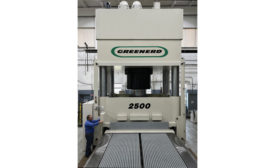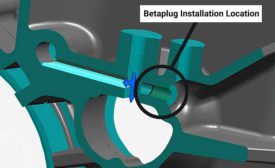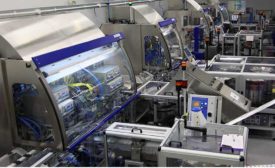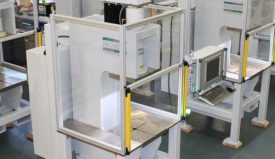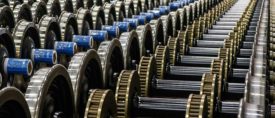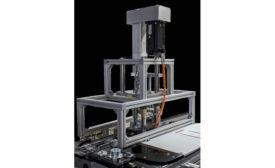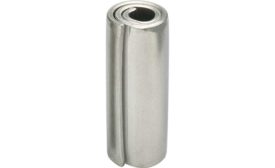Assembly Presses
Servo Presses Improve Assembly of Diesel Engines
Chinese engine manufacturer relies on energy-efficient presses to assemble fuel-efficient engines.
January 13, 2023
Common Mistakes With Presses
Here’s a look at the most common mistakes made with presses—and how to avoid them.
September 8, 2022
Press Fitting Railcar Wheelsets
The force-displacement curve can be influenced by part geometry, coefficient of friction, material strength and operating conditions.
May 5, 2022
Never miss the latest news and trends driving the manufacturing industry
Stay in the know on the latest assembly trends.
JOIN TODAY!Copyright ©2025. All Rights Reserved BNP Media.
Design, CMS, Hosting & Web Development :: ePublishing

